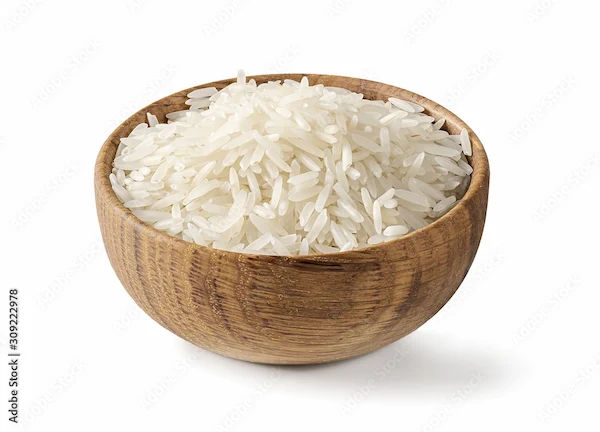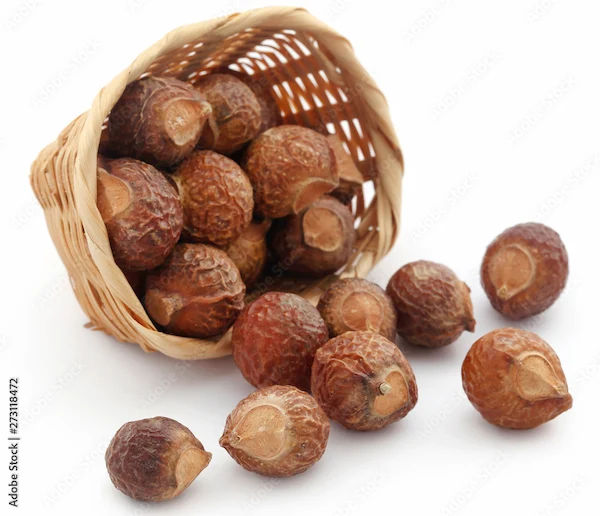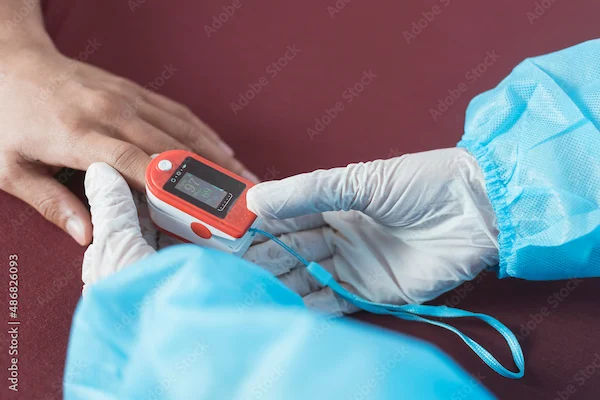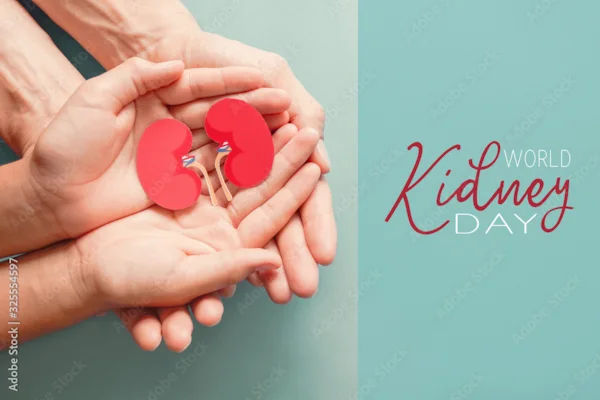Normal Bilirubin Levels in 7-Day-Old Newborns
Understand normal bilirubin levels in 7-day-old newborns, signs of jaundice, and when to seek medical attention for safe infant care.

Written by Dr.Sonia Bhatt
Last updated on 21st Jul, 2025
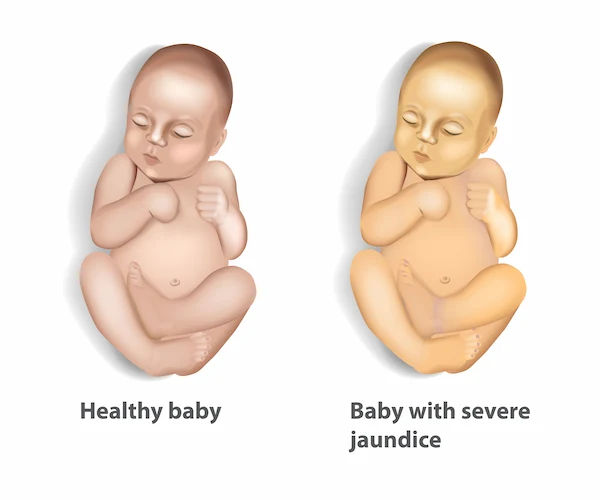
Welcoming a newborn into the world is a joyous experience, but it also comes with concerns about their health. One common issue parents may hear about is bilirubin levels in their baby. If your paediatrician mentions bilirubin, don’t panic—it’s a normal part of newborn development. However, keeping an eye on these levels is essential to ensure your baby stays healthy.
In this article, we’ll explain what bilirubin is, why it’s important, what normal levels should be in a 7-day-old newborn, and when you might need to take action.
What is Bilirubin?
Bilirubin is a yellow pigment produced when the body breaks down old red blood cells. In adults, the liver processes and removes bilirubin efficiently. However, newborns—especially in the first week of life—often have higher bilirubin levels because their livers are still developing and may not process it as quickly.
This buildup can cause jaundice, a condition where the baby’s skin and eyes appear yellowish. While mild jaundice is common and usually harmless, very high bilirubin levels can be dangerous if left untreated.
Normal Bilirubin Levels in a 7-Day-Old Newborn
Bilirubin levels are measured in milligrams per deciliter (mg/dL). For a healthy, full-term newborn (born after 37 weeks), the following ranges are generally considered normal:
Day 1 (0-24 hours old): Less than 6 mg/dL
Day 2 (24-48 hours old): Less than 10 mg/dL
Day 3-5: Up to 12-15 mg/dL (peak levels)
Day 7: Should start declining, ideally below 10 mg/dL
Premature babies or those with certain health conditions may have different thresholds, so always follow your paediatrician’s guidance.
Consult Top Specialists
Signs of High Bilirubin (Jaundice)
Most newborns develop mild jaundice between days 2 and 4, which usually resolves by the second week. However, if bilirubin levels rise too much, you may notice:
Yellow skin & eyes (starting from the face and spreading downward)
Poor feeding or sleepiness (baby is hard to wake for feeds)
Dark yellow urine (newborn urine should be pale)
High-pitched crying
If these symptoms appear, consult your doctor immediately.
Get Your Symptoms Checked Here
Causes of High Bilirubin in Newborns
Several factors can contribute to elevated bilirubin levels:
1. Physiological Jaundice: The most common type, caused by the baby’s immature liver.
2. Breastfeeding Jaundice: Occurs if the baby isn’t feeding well, leading to dehydration.
3. Blood Group Incompatibility: If the mother’s and baby’s blood types don’t match (e.g., Rh or ABO incompatibility).
4. Bruising During Birth: Extra red blood cells break down, increasing bilirubin.
5. Infections or Liver Issues: Rare but possible causes.
How is Bilirubin Measured?
Doctors use two main methods:
1. Transcutaneous Bilirubinometer (TcB): A painless device placed on the baby’s skin to estimate levels.
2. Blood Test (Total Serum Bilirubin - TSB): A small blood sample from the baby’s heel gives an exact measurement.
If levels are borderline or high, your paediatrician may recommend repeat testing.
When is Treatment Needed?
Most cases of newborn jaundice resolve on their own with frequent feeding. However, if levels are too high, treatment options include:
Phototherapy: A special blue light helps break down bilirubin.
Increased Feeding: More breast milk or formula helps flush out bilirubin.
Intravenous (IV) Fluids: If the baby is dehydrated.
Exchange Transfusion: Rare, only for extremely high levels.
Tips for Parents to Manage Newborn Jaundice
1. Feed Frequently: Aim for 8-12 feeds per day to help eliminate bilirubin.
2. Monitor Wet Diapers: At least 6 wet diapers daily means your baby is well-hydrated.
3. Expose to Natural Light: While not a substitute for phototherapy, indirect sunlight may help mildly.
4. Follow Up with Tests: If advised, don’t skip repeat bilirubin checks.
5. Watch for Warning Signs: Lethargy, poor feeding, or deepening jaundice need immediate attention.
When to See a Doctor?
Contact your paediatrician if:
Jaundice appears in the first 24 hours of life.
The yellow colour spreads to arms/legs.
Your baby is very sleepy or refuses to feed.
Bilirubin levels are rising rapidly.
Early detection and treatment prevent complications like kernicterus (a rare but serious brain damage condition).
Conclusion
Mild jaundice is common and usually harmless in newborns, but keeping an eye on bilirubin levels ensures your baby stays healthy. If you’re concerned, don’t hesitate to ask your paediatrician for a bilirubin test.
For expert advice, you can consult a paediatrician on Apollo 24|7 or schedule a bilirubin test from the comfort of your home. Would you like to speak to a paediatrician?
Consult Top Specialists
Consult Top Specialists

Dr. Thejaswini Peddakotla
Paediatrician
10 Years • MBBS, MD Paediatrics
Hyderabad
Apollo 24|7 Clinic, Hyderabad
(125+ Patients)

Dr. Kesha Nayak
Paediatrician
7 Years • MBBS, MD (Paediatrics)
Nashik
Apollo 24|7 Clinic - Maharashtra, Nashik

Dr. Dinesh Kumar Chandak
Paediatrician
10 Years • MBBS,MD PAEDIATRICS
Barasat
Diab-Eat-Ease, Barasat
(50+ Patients)
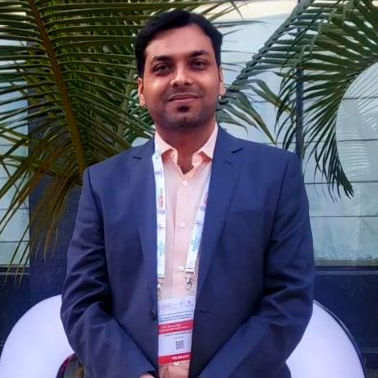
Dr. Dikpati Mukherjee
Paediatrician
12 Years • MBBS, MD (Paed.)
Kolkata
MCR SUPER SPECIALITY POLY CLINIC & PATHOLOGY, Kolkata

Dr. Vinod Kumar Sharma
Paediatrician
38 Years • MBBS , D.C.H , D.N.B (Paediatrics)
New Delhi
Maple Care, New Delhi
Consult Top Specialists

Dr. Thejaswini Peddakotla
Paediatrician
10 Years • MBBS, MD Paediatrics
Hyderabad
Apollo 24|7 Clinic, Hyderabad
(125+ Patients)

Dr. Kesha Nayak
Paediatrician
7 Years • MBBS, MD (Paediatrics)
Nashik
Apollo 24|7 Clinic - Maharashtra, Nashik

Dr. Dinesh Kumar Chandak
Paediatrician
10 Years • MBBS,MD PAEDIATRICS
Barasat
Diab-Eat-Ease, Barasat
(50+ Patients)

Dr. Dikpati Mukherjee
Paediatrician
12 Years • MBBS, MD (Paed.)
Kolkata
MCR SUPER SPECIALITY POLY CLINIC & PATHOLOGY, Kolkata

Dr. Vinod Kumar Sharma
Paediatrician
38 Years • MBBS , D.C.H , D.N.B (Paediatrics)
New Delhi
Maple Care, New Delhi

